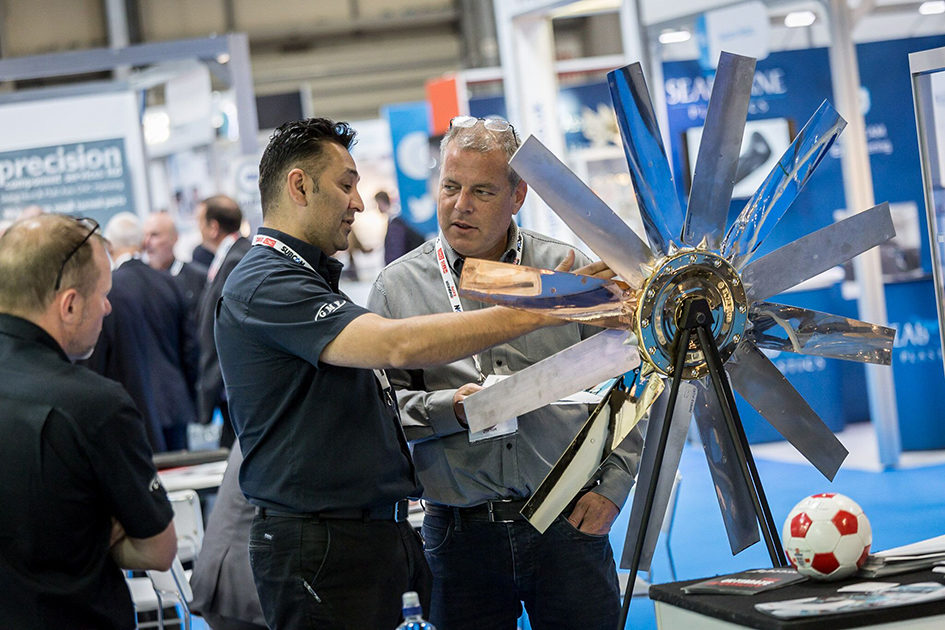UK engineering and manufacturing businesses are pushing forward incremental increases in process and production, but suffering a stagnation of programmes to implement new products, according to the annual innovation barometer from Subcon, the UK’s premier subcontract manufacturing supply chain show .
When asked ‘Where does most of your new product innovation come from?’ 42 per cent of respondents said internally, with incremental changes to design processes and production. This is a slight increase on the 2018 figure of 40 per cent.
However, the number of respondents innovating internally with structured programmes to implement new products has remained constant at 21 per cent for both years.
Cross sector collaboration has had a modest increase to 10 per cent in 2019 from 9 per cent in 2018, whilst innovating with academia has dropped from 3 per cent in 2018 to 2 per cent in 2019.
When it comes to investing in innovation, 78 per cent in 2019 funded programmes internally (across both strategic plans and ad hoc projects), compared to 84 per cent of respondents in 2018. However, there was also a reported drop in bank, venture capital or private equity financing from 24 per cent in 2018 to 13 per cent this year.
This funding confusion has not halted innovation though. Respondents report a substantial drop in innovation programmes being halted by a lack of investment, with such closures now at 30 per cent in 2019, down from 37 per cent in 2018.
Looking at the barriers to innovation success, the inability to commercialise the innovation is the main obstacle. Brexit uncertainty and a lack of funds for innovation were given an equal weighting. However, there was a notable drop in the issue of skills being such a barrier, from 15 per cent in 2018 to just 6 per cent in 2019.
“These figures paint a picture of a cautious industry,” explains Gordon Kirk, event director, Subcon. “Whilst Brexit clearly has a role in that, it seems that 2019 is more of a continuation of established levels of sceptical business activity from last year. There is, however, room for some optimism. It seems we are finally cracking the issue of business skills in engineering and manufacturing, and there has been a decent drop in innovation programmes being stopped.
“We need to nurture these tentative causes for celebration and part of our role in that will be the likes of Brian Holliday, Managing Director, Siemens Digital Industries, delivering a keynote address, covering the latest developments and momentum around Industry 4.0 and Lina Huertas, Head of Technology Strategy, Digital Manufacturing, MTC, covering the technologies set to transform manufacturing at our conference.”
For further details and to register for Subcon, please visit http://www.subconshow.co.uk





